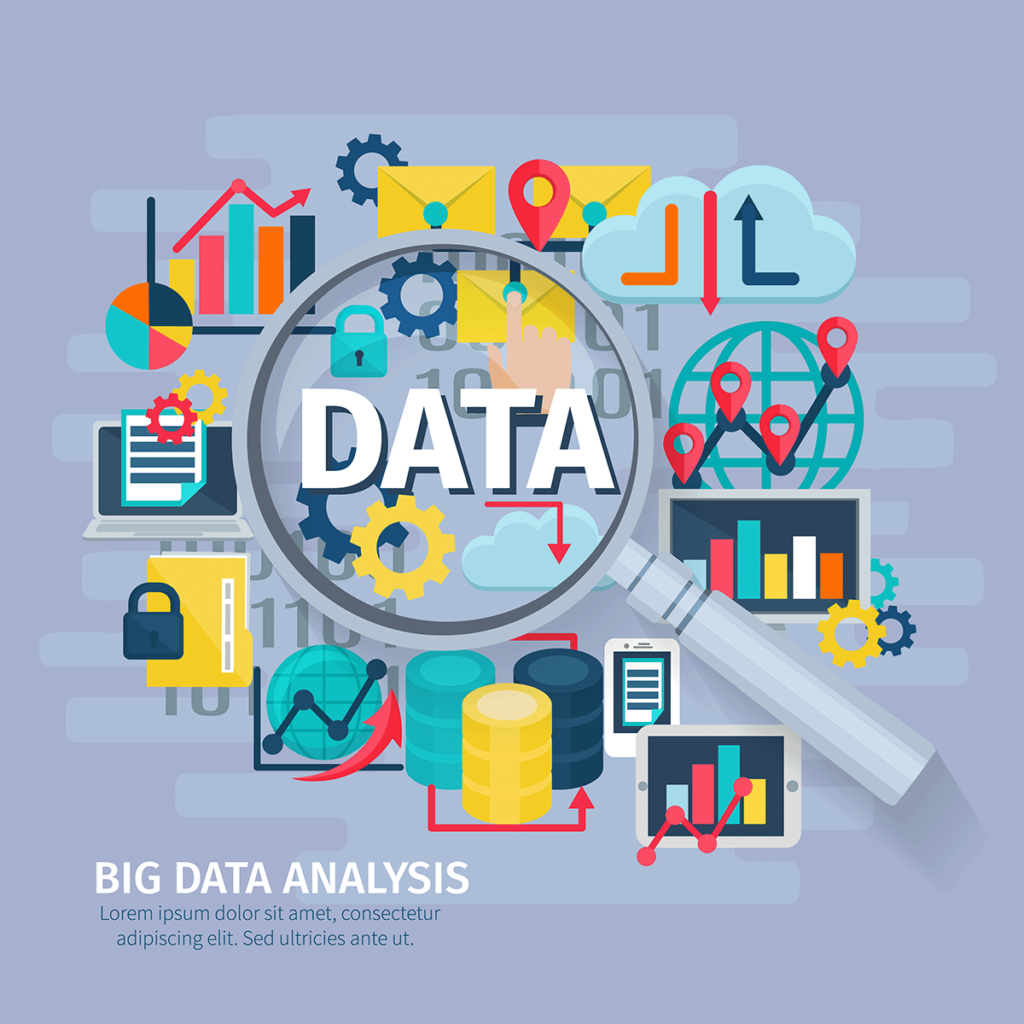Table of Contents
In this comprehensive overview, we delve into the top 10 open source data science tools of 2023. Our analysis will provide valuable insights into these tools, their features, and how they can empower data scientists, analysts, and organizations to excel in the ever-evolving field of data science.
Introduction
The landscape of data science is continually evolving, driven by technological advancements and the increasing demand for data-driven decision-making. In 2023, data scientists are spoilt for choice when it comes to selecting the right tools for their projects. We aim to provide a comparative analysis of the leading open source data science tools, shedding light on their strengths, weaknesses, and unique features.
Python: The Dominant Force
Python continues to be the undisputed leader in the realm of data science programming languages. Its versatility, extensive libraries, and robust community support make it an indispensable tool for data scientists. With libraries like NumPy, Pandas, and Scikit-Learn, Python empowers professionals to perform data manipulation, analysis, and machine learning with ease.
R: A Statistical Powerhouse
R, known for its statistical capabilities, remains a strong contender in the data science arena. Data scientists favor R for its rich ecosystem of packages, specifically designed for statistical analysis and data visualization. It excels in tasks requiring in-depth statistical modeling and visualization.
Jupyter Notebooks: The Interactive Choice
Jupyter Notebooks have become an essential tool for data scientists, offering an interactive and user-friendly environment for code development and data exploration. Their support for multiple programming languages, including Python and R, makes them a top choice for collaborative data analysis.
TensorFlow and PyTorch: Deep Learning Pioneers
Deep learning has revolutionized the field of data science, and TensorFlow and PyTorch stand at the forefront of this revolution. TensorFlow, developed by Google, and PyTorch, maintained by Facebook’s AI Research lab, provide powerful frameworks for building and training neural networks. Their extensive community and resources ensure that data scientists can harness the full potential of deep learning.
Tableau: Data Visualization Excellence
Data visualization is a critical aspect of data science, and Tableau is the go-to tool for creating stunning and interactive visualizations. Its intuitive drag-and-drop interface and vast library of visualization options empower data scientists to communicate insights effectively.
Apache Spark: Big Data Processing
Handling massive datasets is a common challenge in data science. Apache Spark, with its distributed computing capabilities, addresses this challenge. It offers efficient data processing and analytics, making it a valuable asset for organizations dealing with big data.
Scikit-Image and OpenCV: Image Analysis Prowess
For data scientists working with image data, Scikit-Image and OpenCV are indispensable. These libraries provide a wide range of tools and algorithms for image processing and computer vision, enabling researchers to extract meaningful insights from images.
Git and GitHub: Version Control and Collaboration
Collaboration and version control are crucial in data science projects. Git, coupled with platforms like GitHub, simplifies code management, collaboration, and project tracking. It ensures that data science projects remain organized and efficient.
Conclusion
In conclusion, the field of data science in 2023 offers a diverse array of open source tools catering to the unique needs of data professionals. Python and R continue to be the pillars of data science programming, while specialized tools like TensorFlow, Tableau, and Apache Spark provide essential capabilities for specific tasks. Jupyter Notebooks, Git, and GitHub facilitate collaboration and version control, ensuring efficient project management. Understanding the strengths and weaknesses of these tools empowers data scientists to make informed decisions, ultimately leading to more successful data-driven projects.
